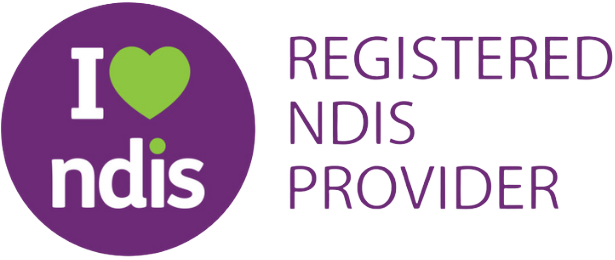Supporting people with disabilities at home goes beyond assisting with tasks. It’s about fostering independence and maintaining dignity. For NDIS participants, being able to stay at home while receiving the right kind of support can significantly enhance their quality of life. Whether you’re a support worker, family member, or carer, creating an environment that empowers the individual is key.
Understanding Independence and Dignity
Independence doesn’t mean doing everything alone. For many people living with disabilities, independence means having the freedom to make choices, participate in daily activities, and contribute to decisions that affect their lives. Dignity, on the other hand, is about being treated with respect and value, regardless of ability.
When both are supported, participants are more likely to feel confident, capable, and included in their own lives.
Start With Personalised Support
Each participant’s needs, preferences, and goals are different. One of the most effective ways to promote independence is to take the time to understand the person, what they enjoy, how they prefer things done, and what they want to achieve. Working collaboratively to create a tailored support plan allows for flexibility, choice, and control.
Even simple decisions, such as choosing meals, deciding when to shower, or selecting clothes, can be necessary steps toward independence. Always ask the participant what they want, rather than assuming or making decisions on their behalf.
Encourage Participation in Daily Tasks
Rather than completing household tasks for the participant, look for ways to involve them in the process. This might include breaking down tasks into smaller steps, utilising assistive technology, or providing encouragement to try something new. The aim is to support the person in building skills and confidence over time.
For example, if a participant wants to learn how to prepare their breakfast, support them by guiding the process, preparing the space, and allowing extra time. With practice, they can complete the task more independently.
Respect Personal Boundaries
Supporting someone at home often involves personal care. It’s vital to approach these tasks with sensitivity and respect. Always explain what you’re doing and ask for consent before touching or assisting with intimate care. Give the participant privacy where possible and respect their routines and preferences.
Simple gestures, such as knocking before entering a room, using towels to cover parts of the body not being cleaned, and allowing the person to do what they can for themselves, can help maintain their dignity.
Promote Social and Community Engagement
Isolation is a common challenge for people with disabilities. Supporting independence includes helping the participant stay connected with their community, friends, and family. Encourage outings, hobbies, and involvement in local groups, or assist them in attending appointments and social events.
Accessing the community might involve public transport, car travel, or walking, depending on the individual’s abilities and confidence. The goal is to help the participant feel a sense of belonging and control over their social life.
Support Decision-Making
Participants should be involved in decisions that affect their lives, from daily routines to long-term planning. Encourage open conversations and provide clear, simple information to help them make informed choices. This may require patience and support in understanding options, risks, or consequences.
Even when a person has limited communication skills, there are many ways to support decision-making through gestures, pictures, or assisted communication tools.
Use Strength-Based Language and Attitudes
Language has a powerful impact on how people see themselves. Using respectful, inclusive language reinforces the idea that the participant is capable and valued. Focus on what they can do, not what they can’t. Avoid using terms that are patronising or negative, and always speak directly to the participant, even if others are present.
It’s also important to recognise achievements, however small. Encouragement, praise, and a positive tone can boost confidence and help the participant take pride in their progress.
Encourage the Use of Assistive Technology
Technology can support independence in many ways, from mobility aids and communication tools to smart home devices. Support workers and carers can play a role in introducing and helping participants use these tools effectively.
For example, voice-activated devices can allow someone with limited mobility to control lighting, music, or make phone calls independently. Tablet apps may help with routines, reminders, or communication.
Keep the Environment Safe and Accessible
A well-organised and accessible home environment can reduce reliance on others. Consider furniture layout, lighting, grab rails, or ramps to improve movement around the home. Labels, colour coding, or visual cues may also help with orientation or memory support.
Simple adjustments can make a big difference in giving a participant more control over their surroundings and daily activities.
Work as a Team
Supporting independence and dignity often involves working with family members, allied health professionals, and other support workers. Good communication between all parties involved helps to provide consistent support and prevent confusion.
Regularly reviewing the support plan together with the participant ensures it remains aligned with their goals and changing needs.
Conclusion
Supporting a participant’s independence and dignity at home is not just about meeting physical needs. It’s about helping them live a meaningful and empowered life. Through respectful communication, personalised care, and encouragement, support workers and carers can make a lasting positive impact.
Alliance Multicare Services understands the importance of providing care that upholds each person’s rights, preferences, and goals. If you or a loved one is looking for NDIS support that prioritises dignity and independence, contact us today at 1800 448 449. Our friendly team is here to help you build a support plan that fits your life and goals.









